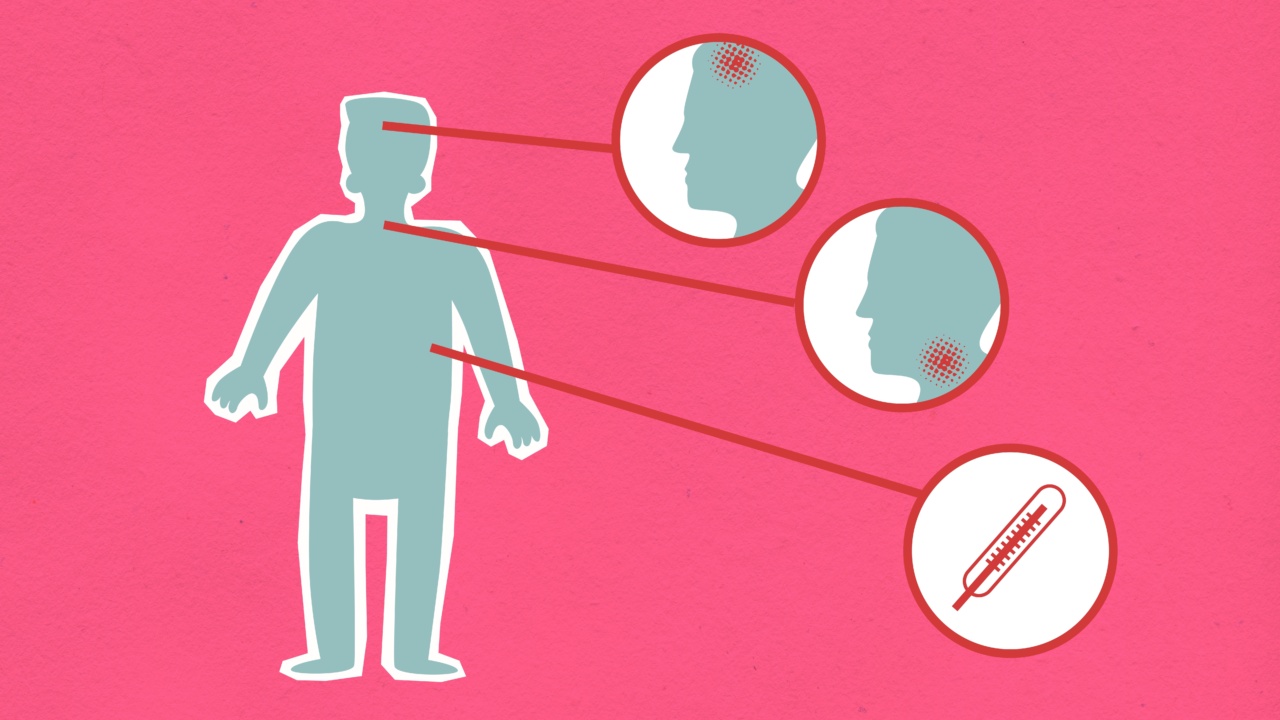Hypothermia is a medical condition that occurs when the body temperature drops below normal levels. This happens when the body loses heat faster than it can produce it, causing the core temperature to drop dangerously low.
While most people associate hypothermia with cold weather exposure, it can actually occur in any environment and at any time of the year.
Causes of Hypothermia
There are various causes of hypothermia, including:.
- Prolonged exposure to cold temperatures
- Wearing wet clothing
- Living in a cold indoor environment
- Immersion in cold water
- Exhaustion and fatigue
- Malnutrition and dehydration
- Certain medical conditions such as diabetes and hypothyroidism
- Alcohol and drug consumption, which can impair the body’s ability to regulate temperature
Symptoms of Hypothermia
Recognizing the symptoms of hypothermia is crucial in order to seek immediate medical attention. The symptoms may vary depending on the severity of the condition:.
- Shivering
- Clumsiness and lack of coordination
- Slurred speech
- Confusion and memory loss
- Drowsiness
- Weak pulse
- Slow breathing
- Loss of consciousness
Risk Factors for Hypothermia
While anyone can develop hypothermia, certain individuals are more at risk:.
- Elderly people, as the ability to generate body heat decreases with age
- Infants and young children, who lose heat more quickly than adults
- Outdoor enthusiasts, such as hikers and skiers, who are exposed to cold temperatures for longer periods
- People with mental illnesses or neurological disorders that may impair judgment and hinder the ability to seek warmth
- Individuals experiencing homelessness or inadequate shelter
Treating Hypothermia
When encountering someone with hypothermia, it is essential to provide immediate medical assistance. In the meantime, here are a few steps you can take:.
- Move the person to a warm and dry area
- Remove any wet clothing and replace it with dry garments or blankets
- Gradually warm the person using heating pads or warm water bottles wrapped in towels
- Give warm fluids (avoid alcohol or caffeine)
- If the person is unconscious and not breathing, perform CPR
Preventing Hypothermia
Preventing hypothermia is crucial, especially during cold weather conditions. Here are some preventive measures you can take:.
- Wear appropriate clothing, including layers and insulation to trap heat
- Always keep extra clothing, blankets, and emergency heat sources in your car or backpack
- Avoid prolonged exposure to cold weather and seek warmth when needed
- Stay hydrated and consume warm, non-alcoholic fluids
- Ensure your home is adequately heated, especially if you have young children or elderly individuals
When to Seek Medical Help
If you suspect someone has hypothermia, it is crucial to seek immediate medical help. Hypothermia can quickly become life-threatening if left untreated. Contact emergency services or go to the nearest emergency room.
Do not attempt to treat severe hypothermia on your own, as professional medical attention is necessary.
Conclusion
Hypothermia is a serious medical condition that can occur in various environments and affect people of all ages. Understanding the causes, symptoms, and risk factors is essential in preventing and treating hypothermia.
Remember to take appropriate precautions during cold weather conditions and seek medical help when necessary.




























